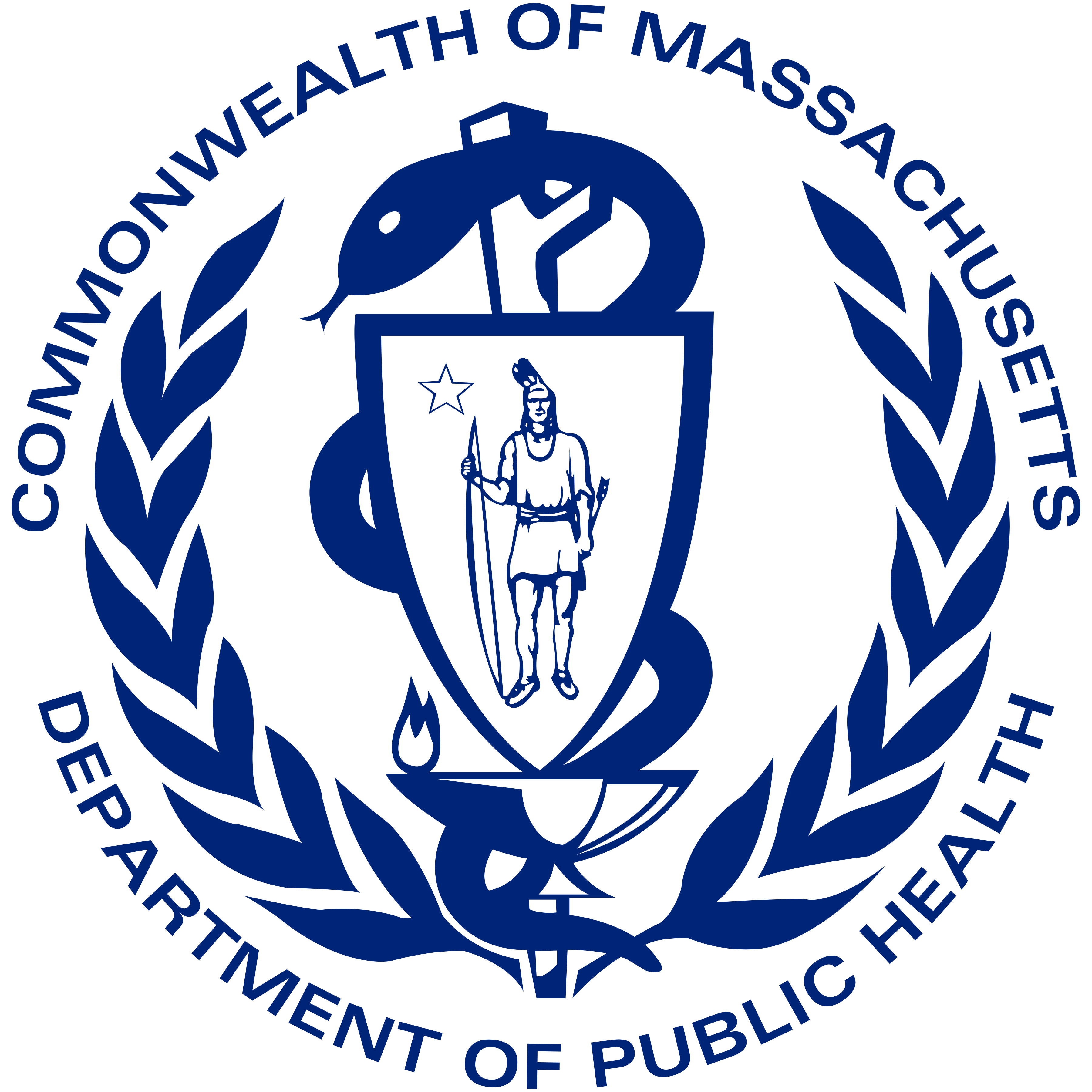- Department of Public Health
Media Contact
Katheleen Conti, Assistant Director of Media Relations
BOSTON — The Massachusetts Department of Public Health (DPH) today announced two additional human cases of West Nile virus (WNV) in Massachusetts this year. One is in a man in his 40s who was likely exposed to the virus in Hampden County and the other is in a man in his 80s with exposure in Middlesex County.
These cases bring the total number of confirmed WNV infections this season to four. As a result, risk levels for WNV have been elevated to high in Ashland, Framingham, Marlborough, Natick, Sherborn, Southborough, Sudbury, and Wayland.
“Given how many mosquitoes have been found carrying West Nile virus this summer, we expected that there would be human infections this year,” said Public Health Commissioner Robbie Goldstein, MD, PhD. “Infections can continue to occur until the first hard frost of the season, which is likely still many weeks away. We are encouraging everyone to continue to take the necessary steps to protect themselves from mosquito bites, including by using mosquito repellent, wearing long sleeves and pants to reduce exposed skin, and to drain anything that may be collecting water outside your home.”
The first WNV-positive mosquitoes in the state this year were announced on June 17. Since then, 376 mosquito samples have tested positive for WNV so far this season from Barnstable, Berkshire, Bristol, Dukes, Essex, Franklin, Hampden, Middlesex, Norfolk, Plymouth, Suffolk, and Worcester counties. There has also been one animal case of WNV this year in a goat.
The risk for WNV is now high in 28 municipalities in Suffolk, Middlesex, Essex, and Worcester counties and moderate in 175 cities and towns in Barnstable, Berkshire, Bristol, Essex, Franklin, Hampden, Hampshire, Middlesex, Norfolk, Plymouth, Suffolk, and Worcester counties.
In addition to WNV, Eastern equine encephalitis (EEE) has also been detected in mosquitoes in Massachusetts this year. There have been 21 EEE-positive mosquito samples and no human or animal cases so far this year.
Starting next week, DPH will update the public on WNV cases in Massachusetts via weekly press releases each Friday if new cases are confirmed. Surveillance information, including cases, will continue to be updated on a daily basis and posted online at Massachusetts Arbovirus Update. DPH encourages everyone to use this online resource regularly to stay up to date on risk levels in their community and around the state.
People have an important role to play in protecting themselves and their loved ones from illnesses caused by mosquitoes.
Avoid Mosquito Bites
Apply Insect Repellent when Outdoors. Use a repellent with an EPA-registered ingredient, such as DEET (N,N-diethyl-m-toluamide), permethrin, picaridin (KBR 3023), or oil of lemon eucalyptus (p-menthane-3,8-diol (PMD) or IR3535) according to the instructions on the product label. DEET products should not be used on infants under two months of age and should be used in concentrations of 30 percent or less on older children. Oil of lemon eucalyptus should not be used on children under three years of age.
Be Aware of Peak Mosquito Hours. The hours from dusk to dawn are peak biting times for many mosquitoes. Consider rescheduling outdoor activities that occur during evening or early morning in areas of high risk.
Clothing Can Help Reduce Mosquito Bites. Wearing long sleeves, long pants and socks when outdoors will help keep mosquitoes away from your skin.
Mosquito-Proof Your Home
Drain Standing Water. Mosquitoes lay their eggs in standing water. Limit the number of places around your home for mosquitoes to breed by draining or discarding items that hold water. Check rain gutters and drains. Empty unused flowerpots and wading pools and change the water in birdbaths frequently.
Install or Repair Screens. Keep mosquitoes outside by having tightly fitting screens on all windows and doors.
Protect Your Animals
Animal owners should reduce potential mosquito breeding sites on their property by eliminating standing water from containers such as buckets, tires, and wading pools – especially after heavy rains. Water troughs provide excellent mosquito breeding habitats and should be flushed out to reduce mosquitoes near paddock areas. Horse owners should keep horses in indoor stalls at night to reduce their risk of exposure to mosquitoes. Owners should also speak with their veterinarian about mosquito repellents approved for use in animals and vaccinations to prevent West Nile virus (WNV) and EEE. If an animal is suspected of having WNV or EEE, owners are required to report to the Department of Agricultural Resources, Division of Animal Health by calling 617-626-1795, and to the Department of Public Health by calling 617-983-6800.
Learn more about mosquito-borne diseases, including all WNV- and EEE-positive results on DPH’s Arbovirus Surveillance Information page, which is updated daily,or by calling the DPH Division of Epidemiology at 617-983-6800.
###
